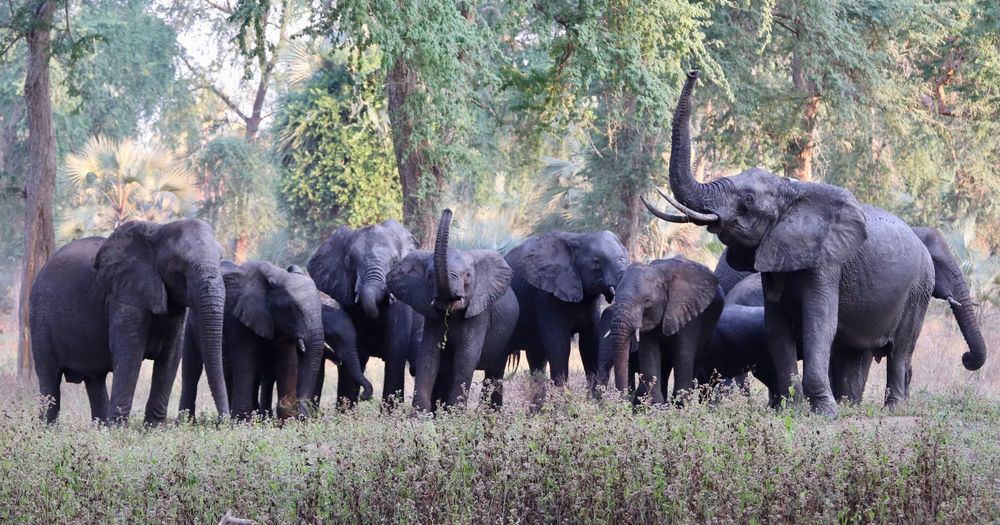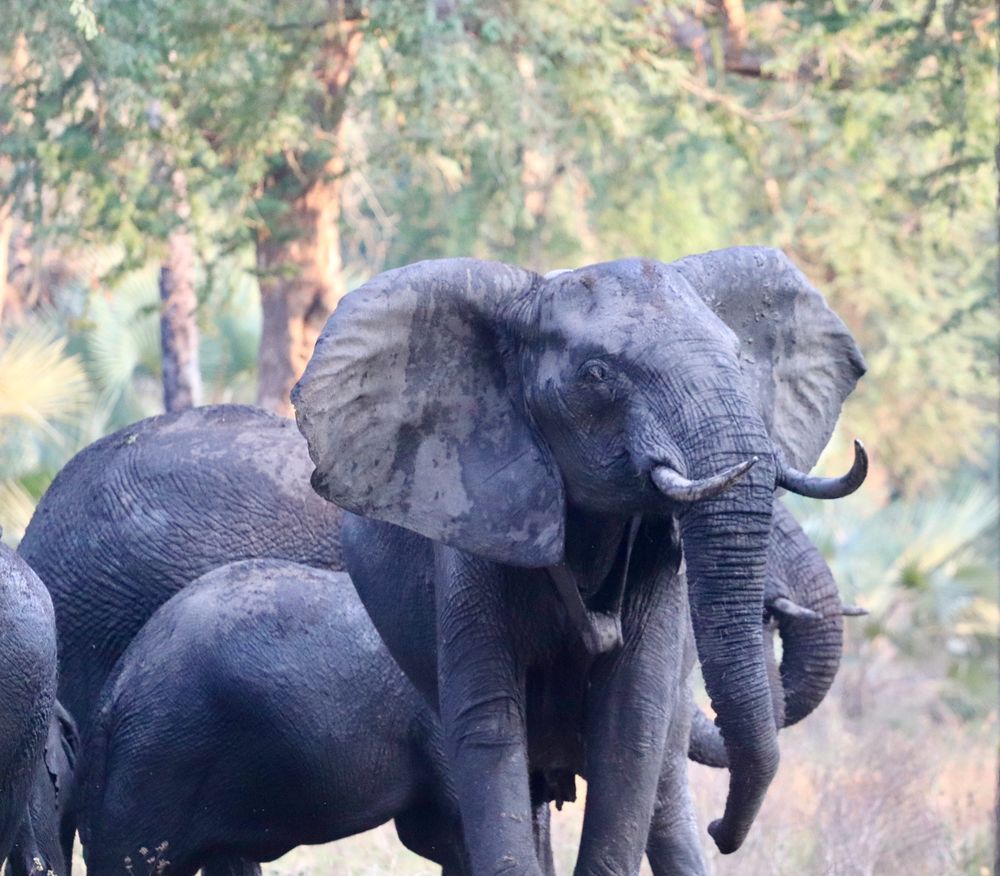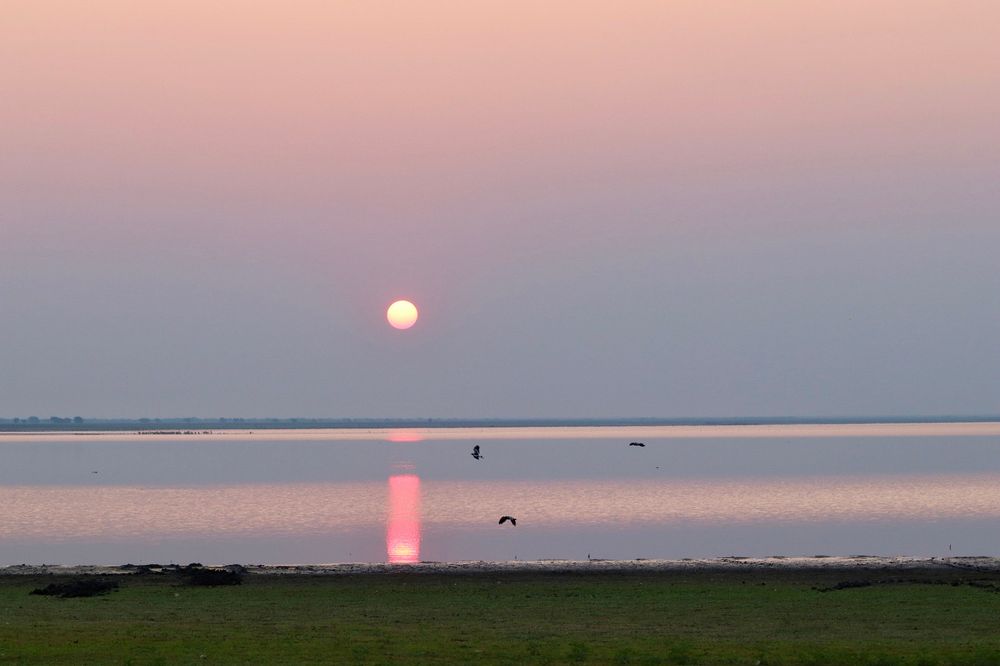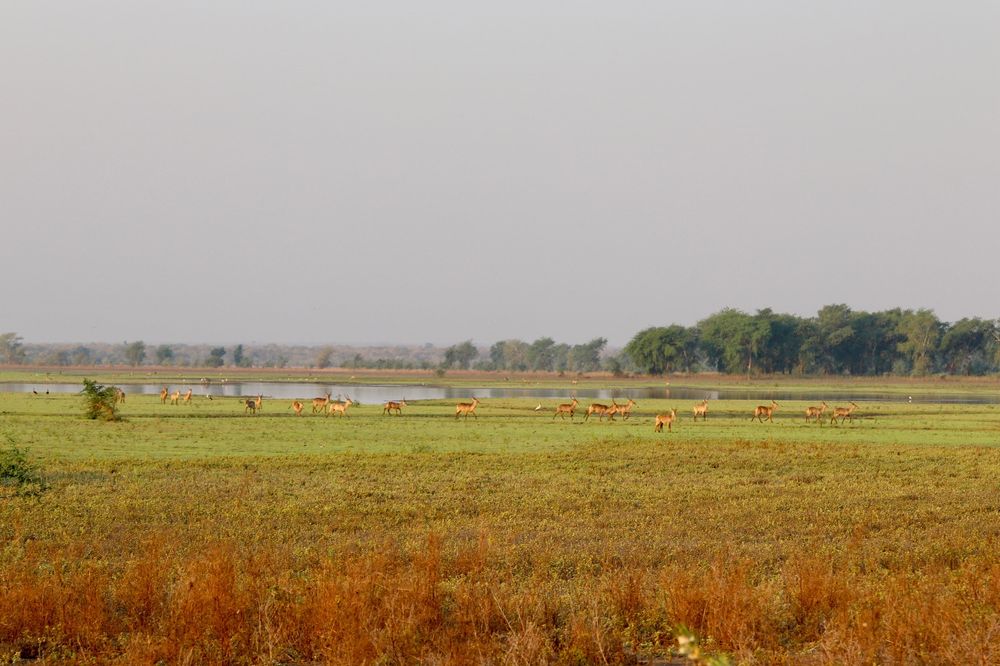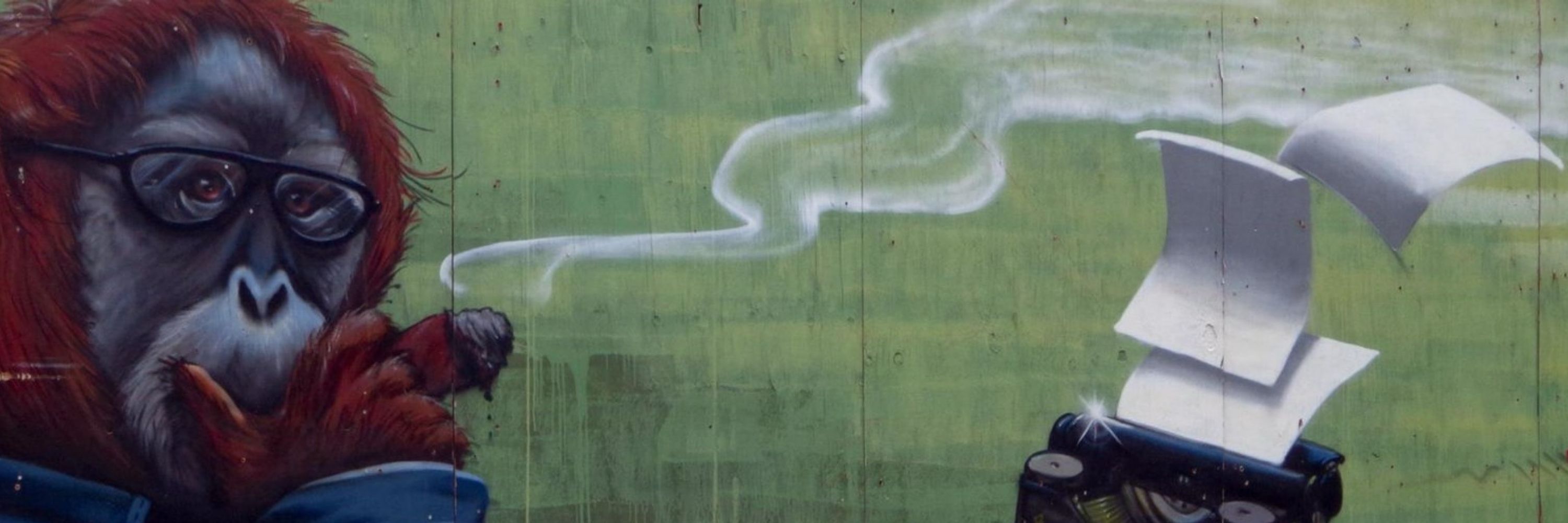
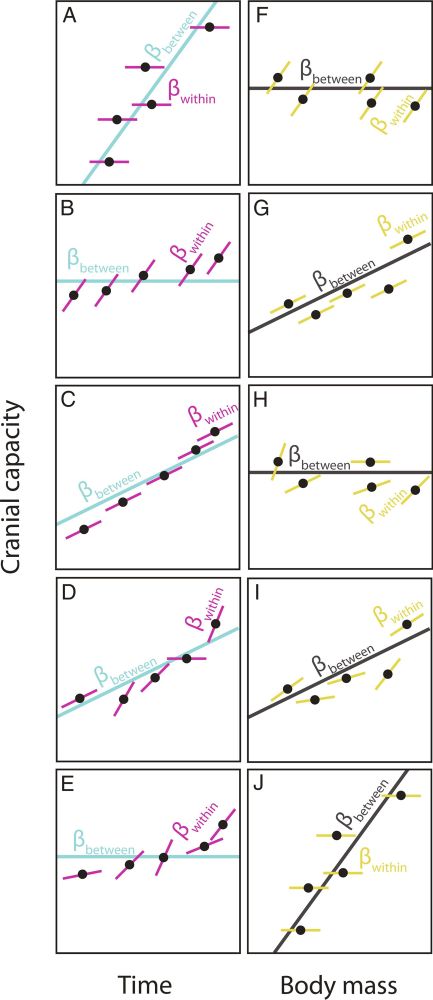
Available here 👉🏼 www.pnas.org/doi/10.1073/...
@oxford-anthro.bsky.social
Thomas Puschel ‘The evolutionary singularity of human handedness’
Is human handedness exceptional?
87% R handed. Study: 2000 ind fr 41 primate spp
ONLY HUMANS have an outstanding handedness bias! Increase during human evolution
No existing hypothesis best explains findings

Thomas Puschel ‘The evolutionary singularity of human handedness’
Is human handedness exceptional?
87% R handed. Study: 2000 ind fr 41 primate spp
ONLY HUMANS have an outstanding handedness bias! Increase during human evolution
No existing hypothesis best explains findings




🦧🦍🐒🧪 #science #primatology #BioAnth
doi.org/10.1073/pnas...

🦧🦍🐒🧪 #science #primatology #BioAnth
doi.org/10.1073/pnas...
But fossil & climate evidence tells a different story...'
🐒NEW research @tpuschel.bsky.social
@oxford-anthro.bsky.social & @uniofreading.bsky.social
www.anthro.ox.ac.uk/article/earl...

But fossil & climate evidence tells a different story...'
🐒NEW research @tpuschel.bsky.social
@oxford-anthro.bsky.social & @uniofreading.bsky.social
www.anthro.ox.ac.uk/article/earl...
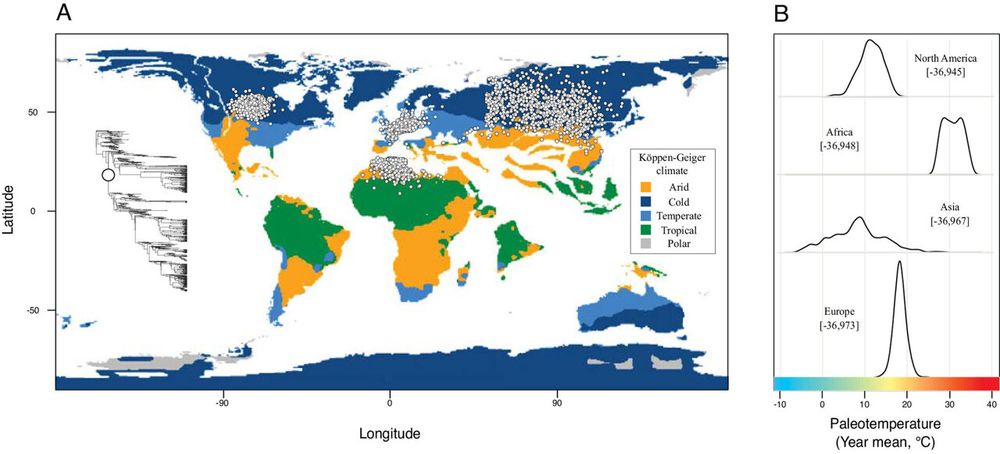
Enjoyed being part of this collaboration led by @avaria_jorge! doi.org/10.1073/pnas...
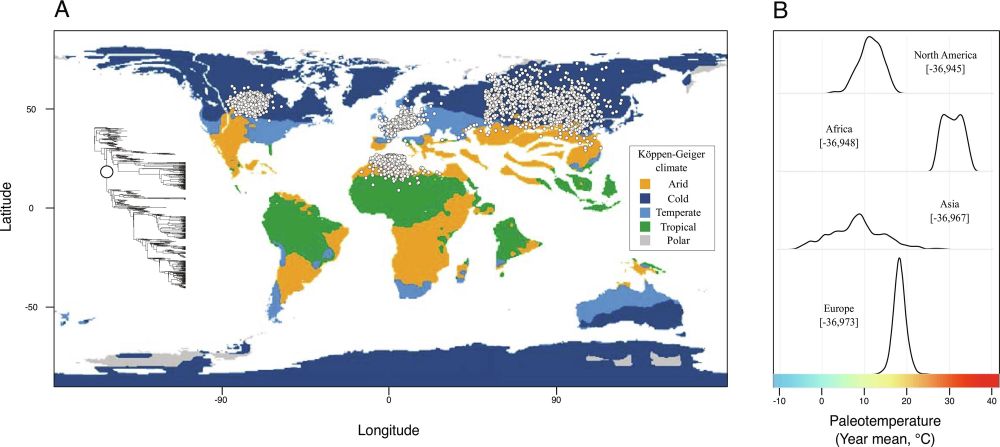
Enjoyed being part of this collaboration led by @avaria_jorge! doi.org/10.1073/pnas...
👉 Handedness: www.biorxiv.org/content/10.1...
👉 Dimorphism: ecoevorxiv.org/repository/v...
👉 Handedness: www.biorxiv.org/content/10.1...
👉 Dimorphism: ecoevorxiv.org/repository/v...
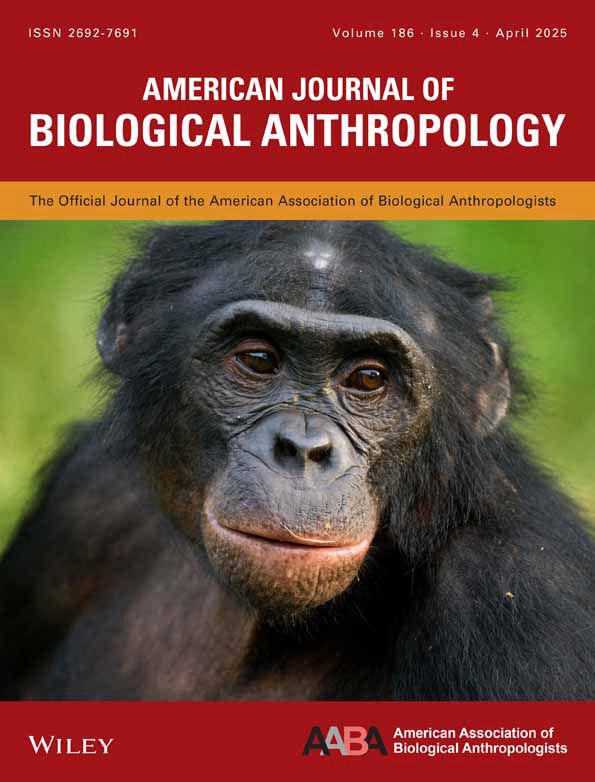
Described a new dryopithecine talus from the Vallès-Penedès basin to inform about crown hominoid locomotor evolution 👇
doi.org/10.1002/ajpa...
with Shubham Pal, @tpuschel.bsky.social , @a-urciuoli.bsky.social , Víctor Vinuesa, Josep M. Robles, Sergio Almécija and David M. Alba
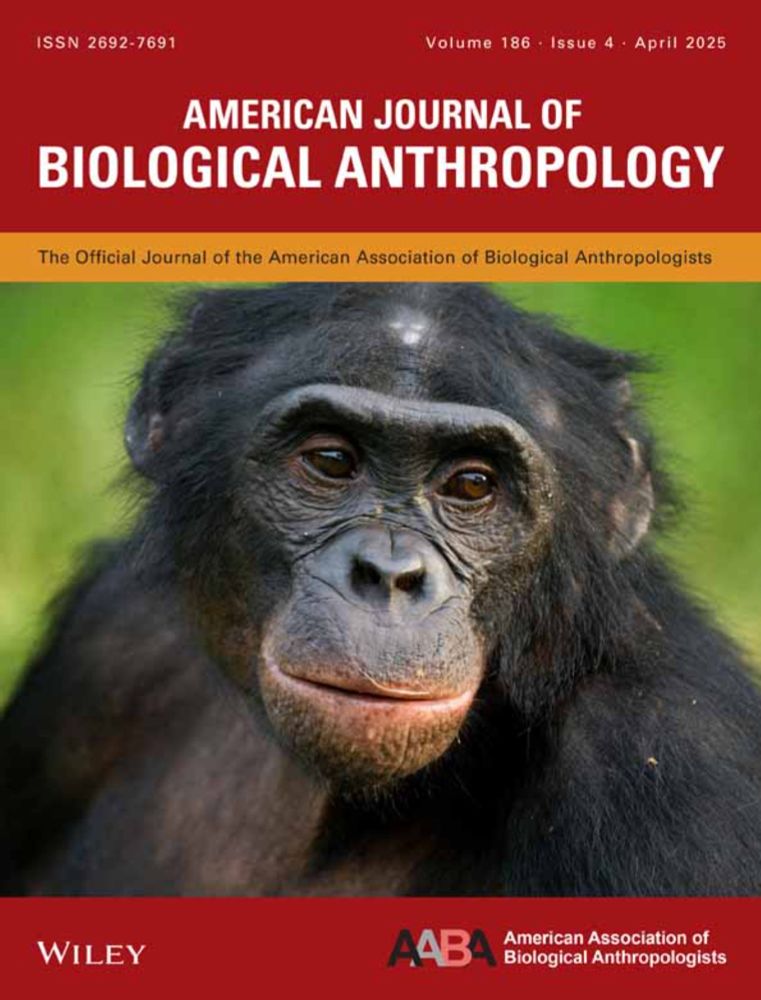
Described a new dryopithecine talus from the Vallès-Penedès basin to inform about crown hominoid locomotor evolution 👇
doi.org/10.1002/ajpa...
with Shubham Pal, @tpuschel.bsky.social , @a-urciuoli.bsky.social , Víctor Vinuesa, Josep M. Robles, Sergio Almécija and David M. Alba

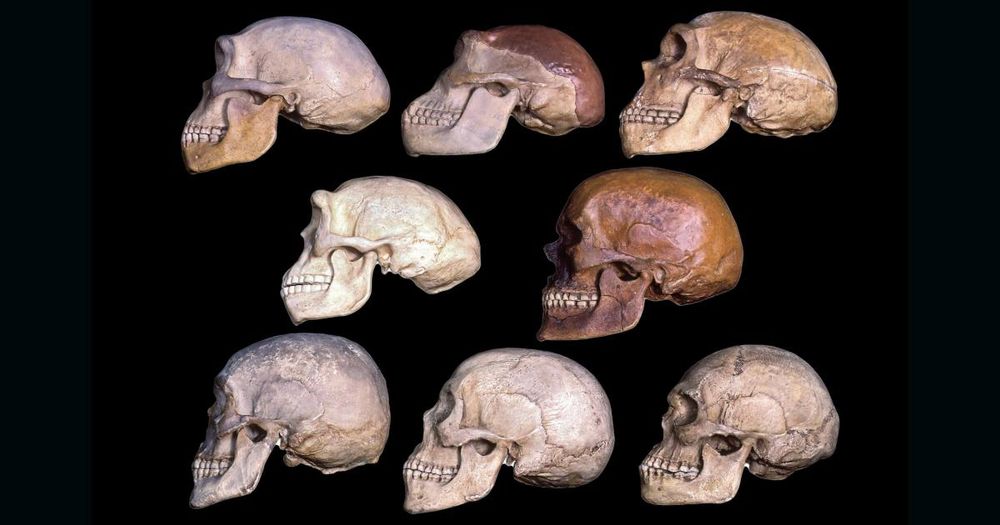
Volume 2025, Issue 1, In Progress
Read Here: paleoanthropology.org/ojs/index.php/paleo/issue/view/91
#paleoanthropology #humanevolution #archaeology
Volume 2025, Issue 1, In Progress
Read Here: paleoanthropology.org/ojs/index.php/paleo/issue/view/91
#paleoanthropology #humanevolution #archaeology
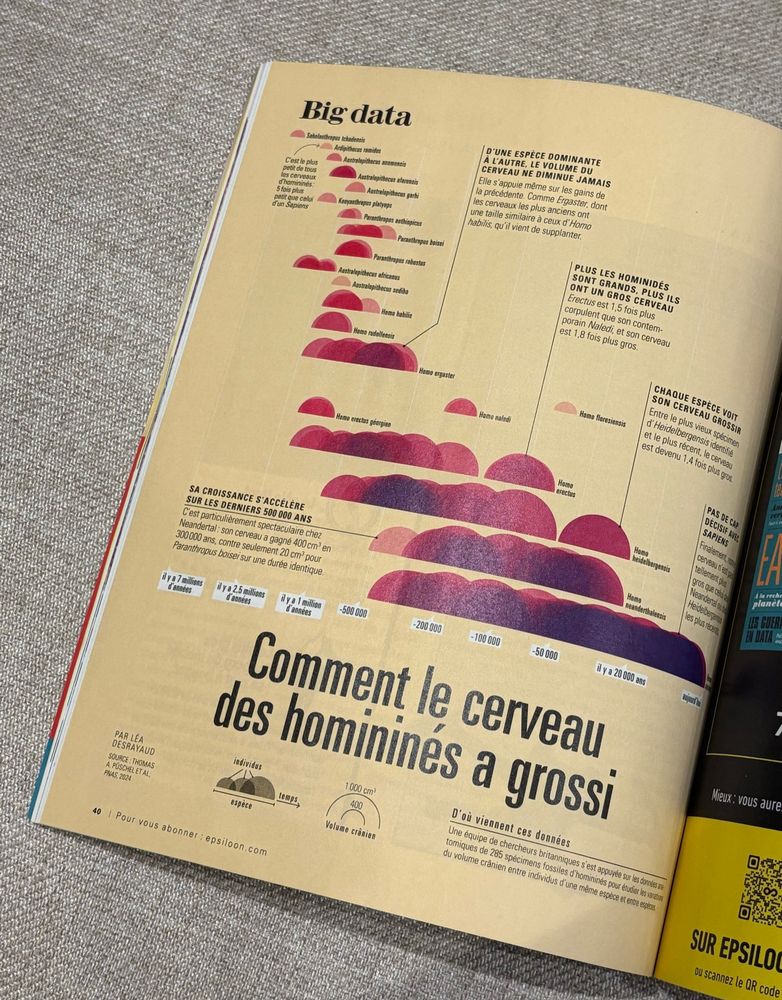


How do the stunning shapes of starling #murmurations happen? How does each bird know what to do? By 3D-tracking starling flocks and comparing their movements with computer simulations 👩💻, researchers found out that birds only keep track of about 7 other closest birds! (1/2)
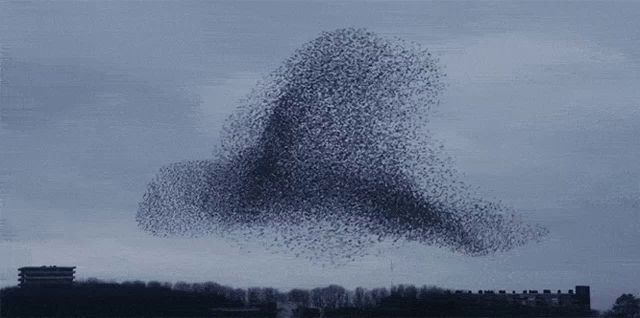
How do the stunning shapes of starling #murmurations happen? How does each bird know what to do? By 3D-tracking starling flocks and comparing their movements with computer simulations 👩💻, researchers found out that birds only keep track of about 7 other closest birds! (1/2)
A Place of Joy.
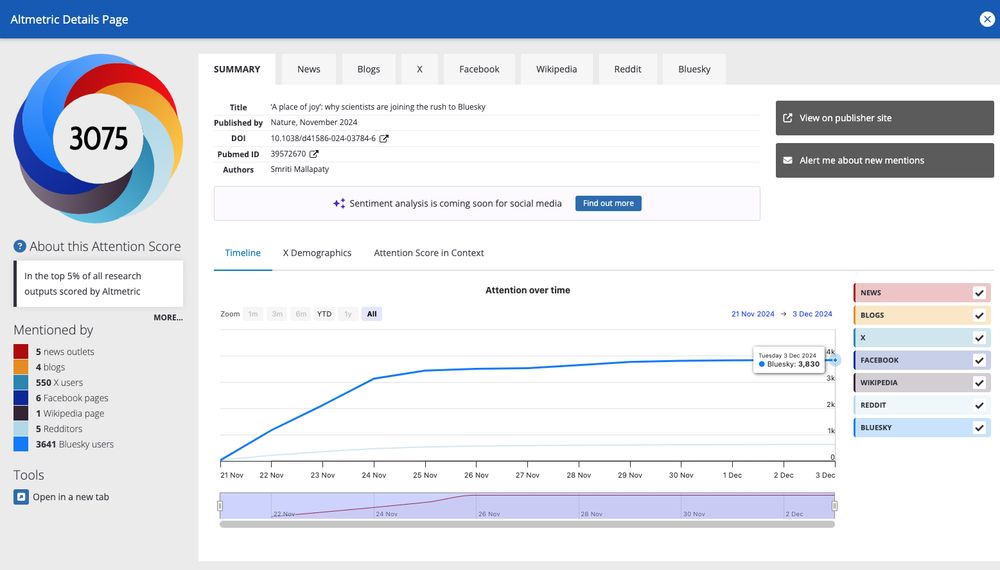
Available here 👉🏼 www.pnas.org/doi/10.1073/...
@oxford-anthro.bsky.social

Available here 👉🏼 www.pnas.org/doi/10.1073/...
@oxford-anthro.bsky.social
